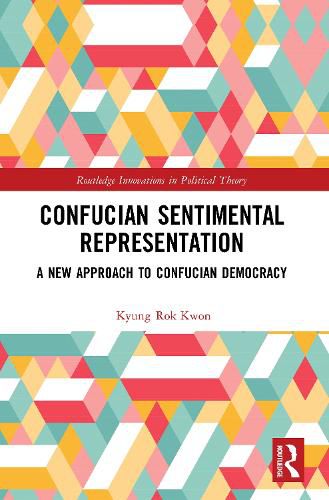Readings Newsletter
Become a Readings Member to make your shopping experience even easier.
Sign in or sign up for free!
You’re not far away from qualifying for FREE standard shipping within Australia
You’ve qualified for FREE standard shipping within Australia
The cart is loading…






Kwon conceptualizes a unique mode of political representation in East Asian society, which derives its moral foundation from Confucian virtue politics.
Contemporary East Asian societies understand democracy differently than Western societies do. Even citizens in consolidated democracies such as Taiwan and South Korea have different conceptions of an ideal relationship between a political leader and ordinary citizens, as well as a political leader's accountability and political legitimacy. A political leader's proper conduct, including his or her everyday languages, behaviors, and expressions when facing citizens' sorrow, anger, and resentment, plays a crucial role in evaluating whether he or she has political legitimacy in East Asian society. Kwon analyses how this "affective accountability" forms the basis for political representation in these societies and examines how this can be reconciled with liberal democracy.
A vital contribution not only to Confucian political theory, but also to political theory writ large that will be of especial value to political scientists with an interest in East Asian democracy.
$9.00 standard shipping within Australia
FREE standard shipping within Australia for orders over $100.00
Express & International shipping calculated at checkout
Kwon conceptualizes a unique mode of political representation in East Asian society, which derives its moral foundation from Confucian virtue politics.
Contemporary East Asian societies understand democracy differently than Western societies do. Even citizens in consolidated democracies such as Taiwan and South Korea have different conceptions of an ideal relationship between a political leader and ordinary citizens, as well as a political leader's accountability and political legitimacy. A political leader's proper conduct, including his or her everyday languages, behaviors, and expressions when facing citizens' sorrow, anger, and resentment, plays a crucial role in evaluating whether he or she has political legitimacy in East Asian society. Kwon analyses how this "affective accountability" forms the basis for political representation in these societies and examines how this can be reconciled with liberal democracy.
A vital contribution not only to Confucian political theory, but also to political theory writ large that will be of especial value to political scientists with an interest in East Asian democracy.